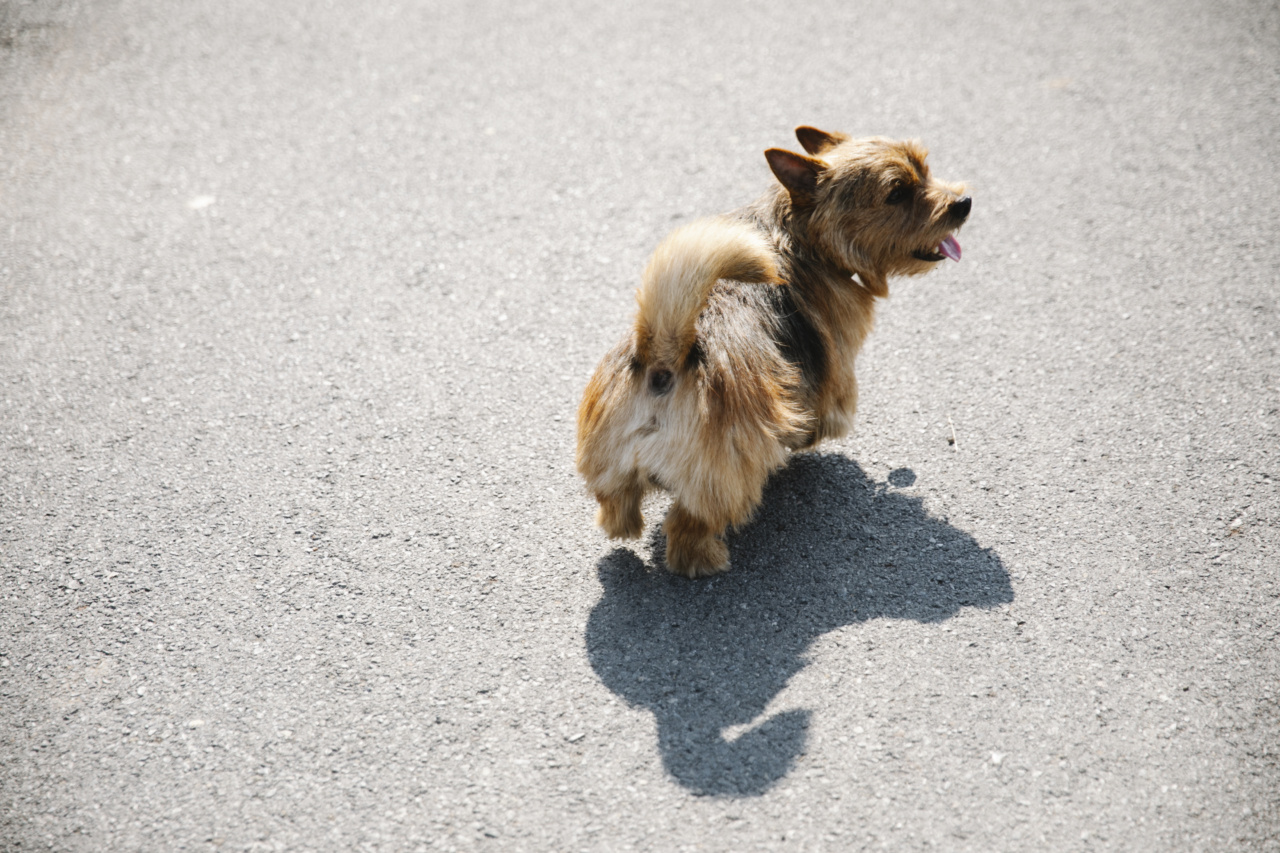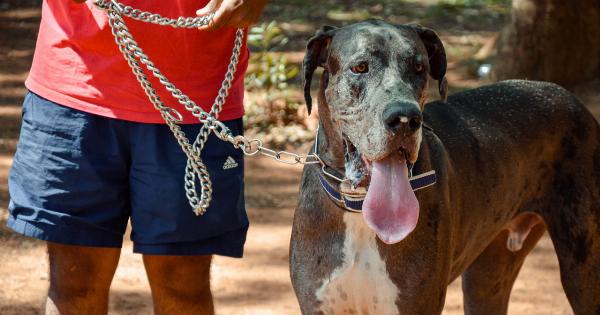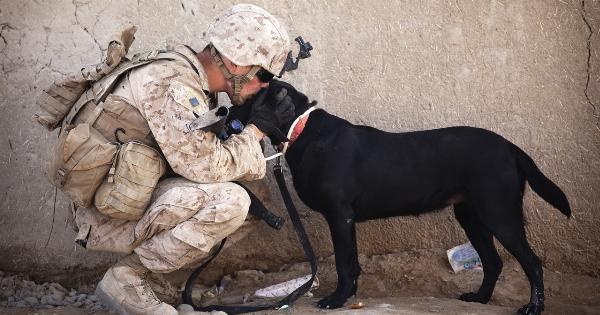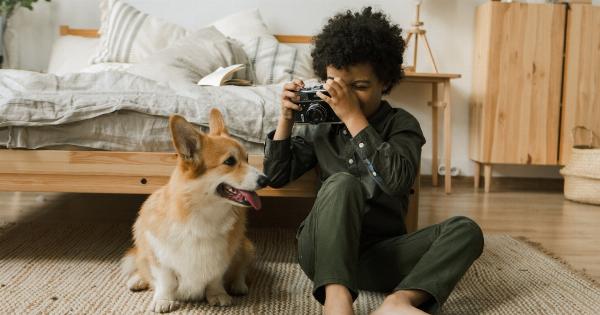Small dogs are not just pets; they are cherished members of our families. These pint-sized companions bring joy, love, and loyalty into our lives. However, treating small dogs can be quite different from treating their larger counterparts.
From their nutrition and exercise needs to grooming and training, small dogs require special care and attention. In this article, we will explore the real way to treat small dogs, ensuring that they lead happy and healthy lives.
The Importance of Proper Nutrition
Just like humans, small dogs need a balanced and nutritious diet to thrive. However, due to their small size and higher metabolic rate, their dietary requirements differ from larger dogs.
It is crucial to choose high-quality dog food specially formulated for small breeds. Look for options that include adequate protein, healthy fats, and essential vitamins and minerals. Additionally, pay attention to portion sizes to prevent overfeeding, as small dogs are prone to obesity and its associated health problems.
Regular Exercise for Small Breeds
While small dogs may not require as much physical exercise as larger breeds, they still need regular activity to maintain a healthy weight and keep their muscles toned.
Short walks, playtime, and interactive toys can provide mental stimulation and physical exercise for small dogs. Engage in activities appropriate for their size and energy levels. Always remember to monitor them closely during exercise to prevent exhaustion or injury.
Grooming Tips for Small Dogs
Grooming is an essential aspect of caring for small dogs. Regular brushing helps remove loose fur, preventing mats and tangles in their coat. Small dog breeds often have long fur that requires extra attention.
Pay attention to their ears, as they are prone to developing infections. Trim their nails regularly to prevent discomfort or potential injuries. Regular dental care, including brushing their teeth, can help prevent dental diseases that are common in small breeds.
Socialization and Training
Small dogs, just like any other breed, require early socialization to become well-adjusted and friendly companions.
Expose them to different environments, people, and animals to help them develop positive behaviors and overcome any potential anxiety or fear. Basic training is equally important to establish boundaries and ensure their safety. Teach them basic commands and reward them with treats and praise to encourage good behavior.
Healthcare and Regular Check-ups
Small dogs are prone to certain health conditions, such as dental issues, luxating patella, and heart problems. Regular veterinary check-ups are crucial to detect any potential health concerns early on.
Vaccinations, parasite prevention, and dental care should be part of their routine healthcare. It is also vital to monitor their weight and look out for signs of discomfort or illness, as small dogs may hide their symptoms more easily.
The Importance of Mental Stimulation
Many small dog breeds are intelligent and require mental stimulation to prevent boredom and destructive behaviors. Interactive puzzle toys, food-dispensing toys, and obedience training sessions can help keep their minds active.
Spending quality time with them, engaging in playtime, or teaching them new tricks are great ways to provide mental stimulation while strengthening the bond between you and your furry friend.
Small Dog Safety Considerations
Due to their size and vulnerability, small dogs require additional safety considerations. Provide them with a secure and appropriate living environment, ensuring that they cannot escape or access hazardous substances.
Be cautious when interacting with them to avoid accidentally stepping on or injuring them. When traveling with your small dog, use appropriate carriers or car safety restraints to ensure their well-being during the journey.
Understanding Small Dog Behavior
Small dogs often have big personalities and exhibit behaviors unique to their size and breed. From excessive barking to resource guarding, understanding their behavior is key to effectively addressing any issues that may arise.
Remember to be patient, consistent, and use positive reinforcement when managing their behavior. Seek professional help if you are experiencing significant challenges or concerns in dealing with their behavior.
Creating a Comfortable Living Space
Small dogs love to have their cozy spaces where they can retreat and relax. Provide them with a comfortable bed or crate that is appropriately sized for their breed. Designate a quiet corner of your home where they can rest undisturbed.
Small dogs are often more sensitive to temperature changes, so ensure their living space is appropriately heated or cooled for their comfort.
The Joy of Treating Small Dogs
Treating small dogs the right way is not just about meeting their physical needs; it is about embracing the joy they bring into our lives. Their compact size, loving nature, and unwavering loyalty make them truly special companions.
By providing them with proper nutrition, exercise, grooming, training, and healthcare, we can ensure that they live their best lives, surrounded by love and care.




























